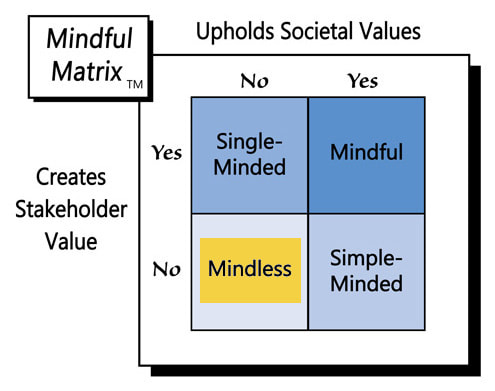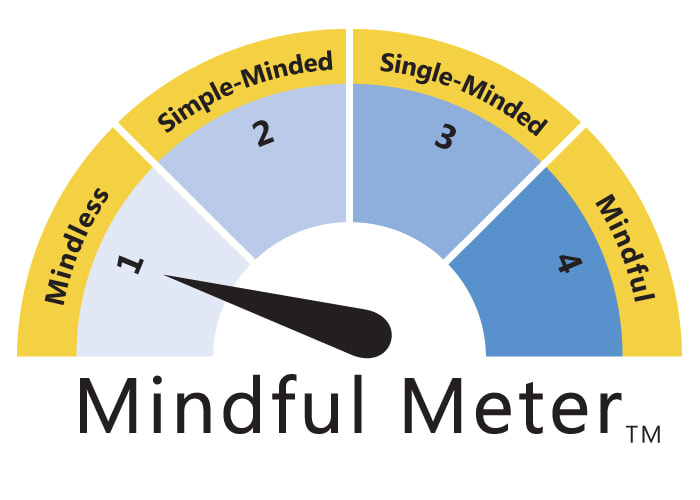Department store icon Macy’s has introduced a promotional campaign that plays on teenage girls’ tendencies to seek affirmation through the pictures they post of themselves on social media. The ads, which appear on BuzzFeed, feature a variety of fashion photos, similar to those found on the retailer’s website for junior girls. The difference is the accompanying text, which makes an unambiguous social media appeal, for instance:
- “Get ready to have a fashionable feed this fall, only with Macy’s.”
- “11 Back-To-School Outfits That Were Totally Made for Social Media”
- “You won’t blend into anyone’s feed dressed in this style trifecta.”
- “Be an influencer and upload this cold-shoulder outfit.”
- “Show off some shoulder and kitschy denim for a look that's guaranteed to get you the likes.”
- “Make your #OOTD camera-ready with this edgy look.”
- “There's #NoFilter necessary with this boho-chic style.”
- “Get the double-taps in this fluttering floral outfit.”
- “Make your followers starry-eyed in this influential outfit.”
From a strategic perspective, Macy’s can be commended for matching its tactics to its target market. So many people spend significant time on social media, as well as on websites like BuzzFeed, and teenage girls are among the most active users.
A 2015 Pew Research Center study found that “24% of teens go online “almost constantly,’” while 56% go online several times a day, enabled by the widespread use of smartphones. While teen boys are somewhat more likely to visit Facebook, teen girls are more often on Instagram and Tumblr. Overall, “Girls dominate social media,” while “boys are more likely to play video games.”
Frequent use of something is not necessarily a problem. Many people are heavy users of technology and other tools that help them do their jobs or manage their personal lives more efficiently and effectively. The problem is when those things become obsessive, which unfortunately is the way teen girls’ use of social media has evolved. A 2017 CNN article explains:
“It's not a law that you have to post a selfie before, during, and after every activity. But for kids, it's pretty much mandatory. The resulting likes, thumbs-ups, and other ratings all get tallied, both in the stark arithmetic of the Internet and in kids' own minds. For some -- especially girls -- what starts as a fun way to document and share experiences can turn into an obsession about approval that can wreak havoc on self-image.”
A survey titled “Children, Teens, Media, and Body Image,” provides some telling statistics that further detail teenage girls’ preoccupation with approval from others online:
- “35 percent are worried about people tagging them in unattractive photos.”
- “27 percent feel stressed about how they look in posted photos.”
- “22 percent felt bad about themselves if their photos were ignored.”
For young women, the unfortunate outcomes of social media obsession are things like unhappiness, anxiety, depression, and over-sexualization, as a 2016 Time article explains: “One of the easiest ways to get that validation is by looking hot. Sex sells, whether you’re 13 or 35.” Some girls even post provocative videos of themselves on YouTube, asking others to answer the question, “Am I pretty or ugly?”
This troubling context casts Macy’s social media ad appeal in a much different light. While involvement in social media has many potential benefits, that participation has unfortunately turned into an addiction for some people, especially young women, who feel unique pressure to look good and to be liked online.
As such, teenage girls are probably the last people who should be promised that a certain outfit will “Make your followers starry-eyed” or that clothes will give “a look that's guaranteed to get you the likes.” When someone is struggling with an addiction, we shouldn’t tempt them with the very thing that’s holding them hostage. Macy’s ads aimed at a young female target market, however, are analogous to putting a beer in front of an alcoholic and encouraging him to “Take a drink.”
So, there are certainly significant moral concerns related to Macy’s promotion. There are also strategic ones. A review of the comments on BuzzFeed suggests that people are not enamored with the ads. Several of the posts mention that the outfits are more revealing than what most schools will allow. Moreover, it’s likely that Millennials are skeptical about such an overt pitch. These media-savvy and cynical consumers are already leery of ads, let alone ones that make improbable promises.
At first glance, Macy’s social media-connected ad campaign seems benign. Deeper analysis, however, suggests that the promotion could easily aggravate the target market’s already unhealthy social media obsession; that is, if the young women believe the ads. Consequently, the campaign looks like a case of “Mindless Marketing.”
Learn more about the Mindful Matrix and Mindful Meter.
Check out Mindful Marketing Ads and Vote your Mind!




 RSS Feed
RSS Feed